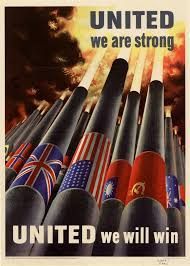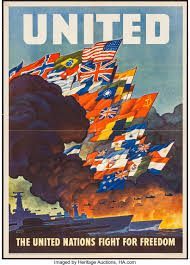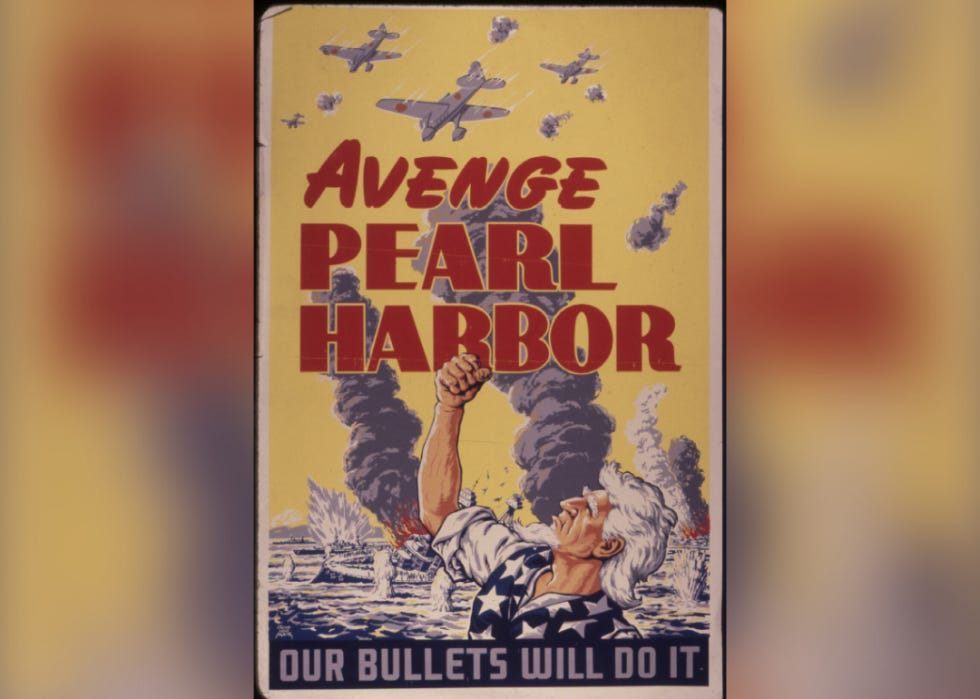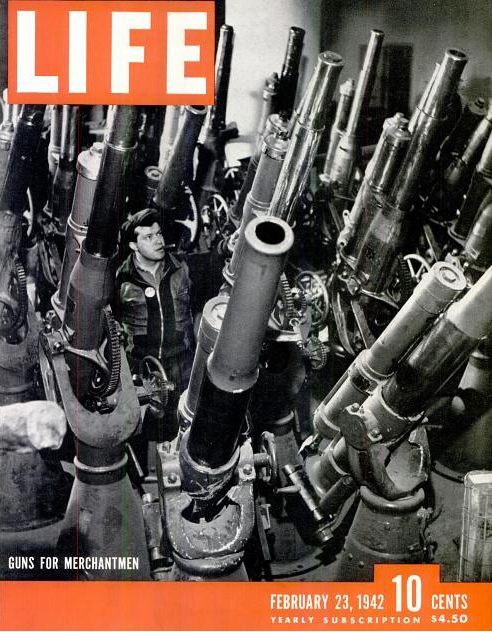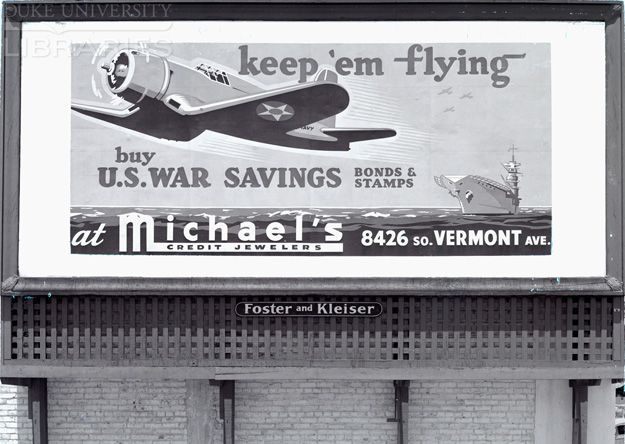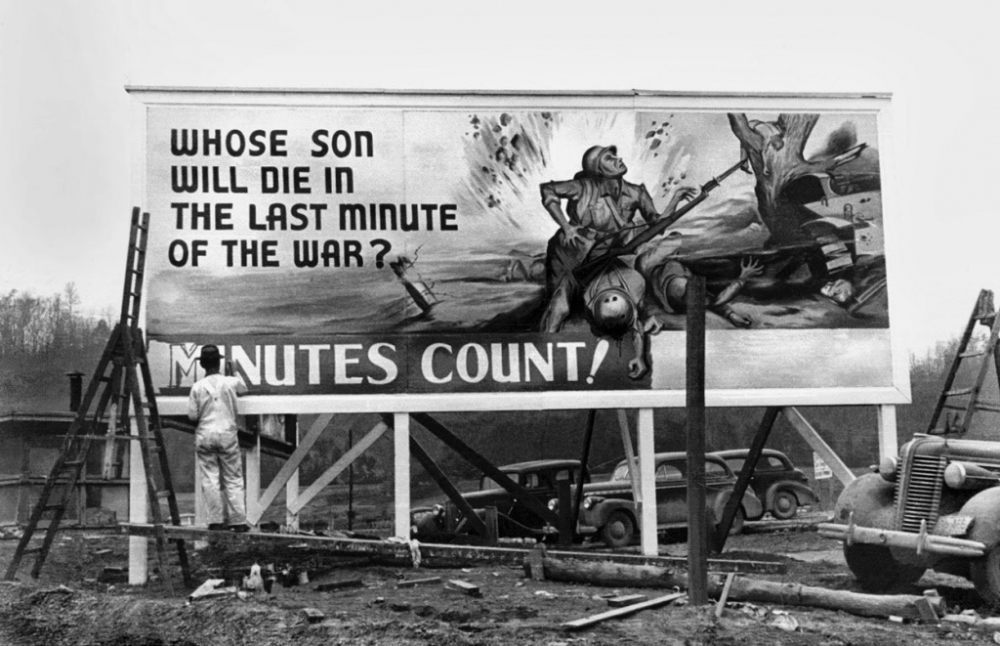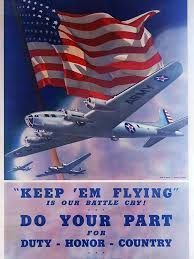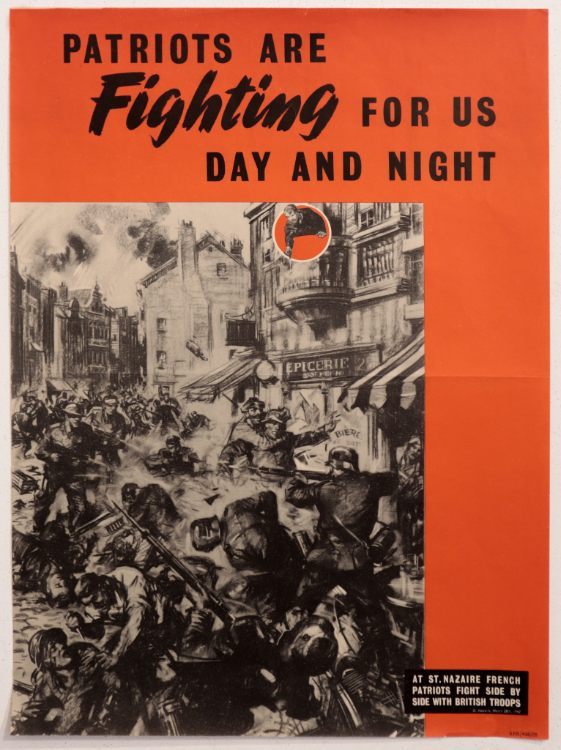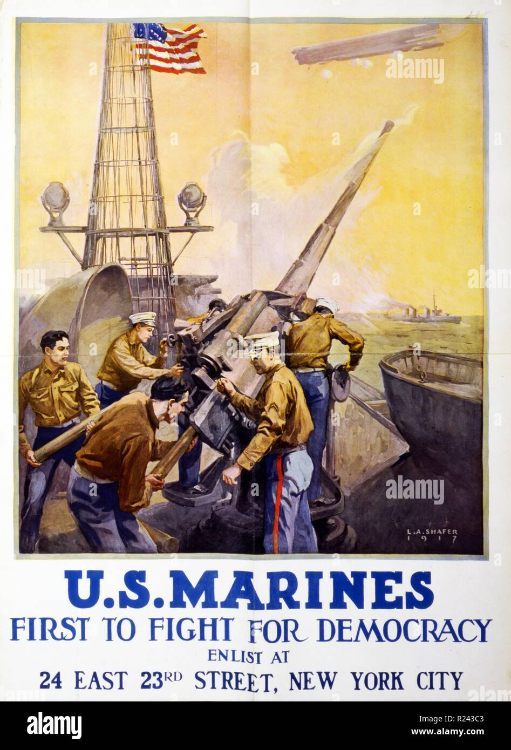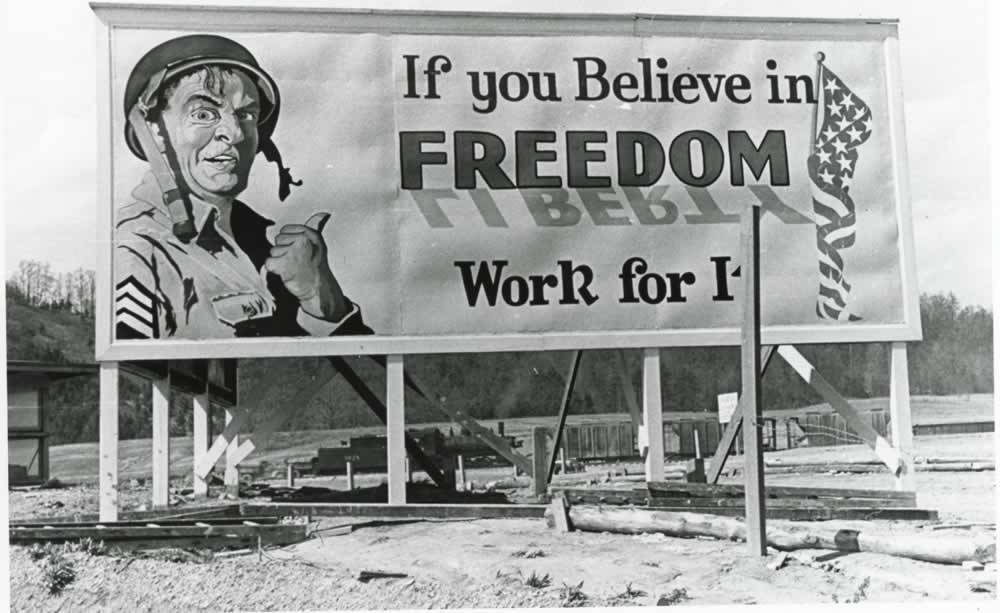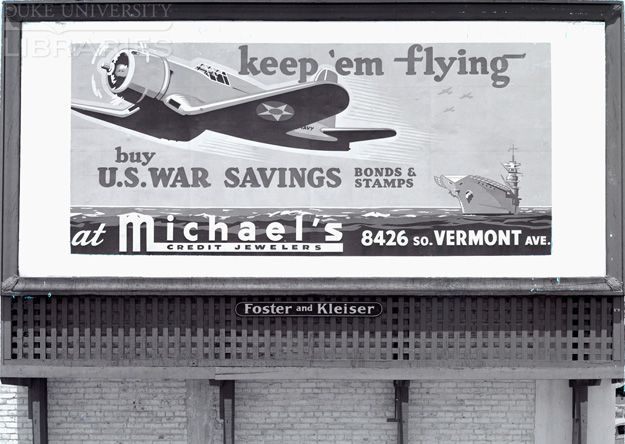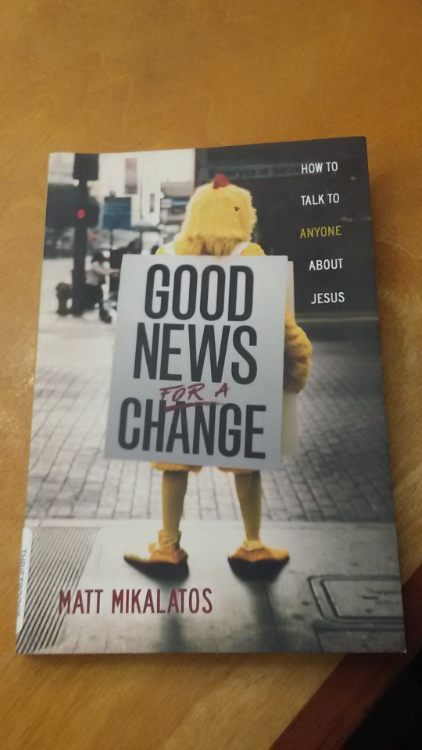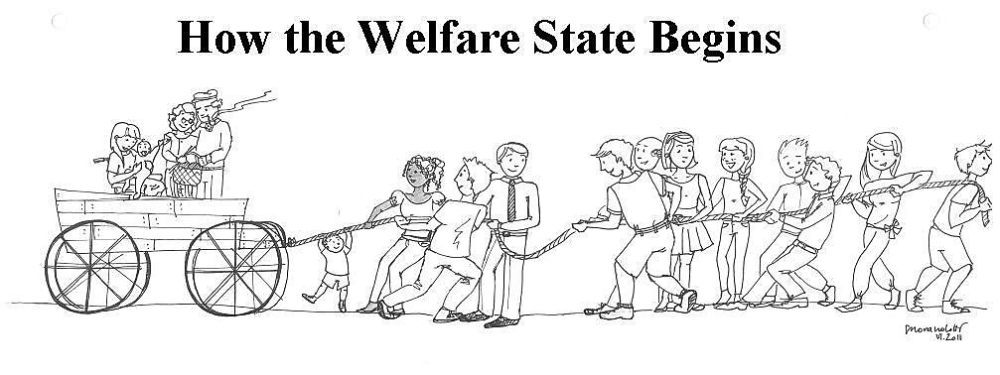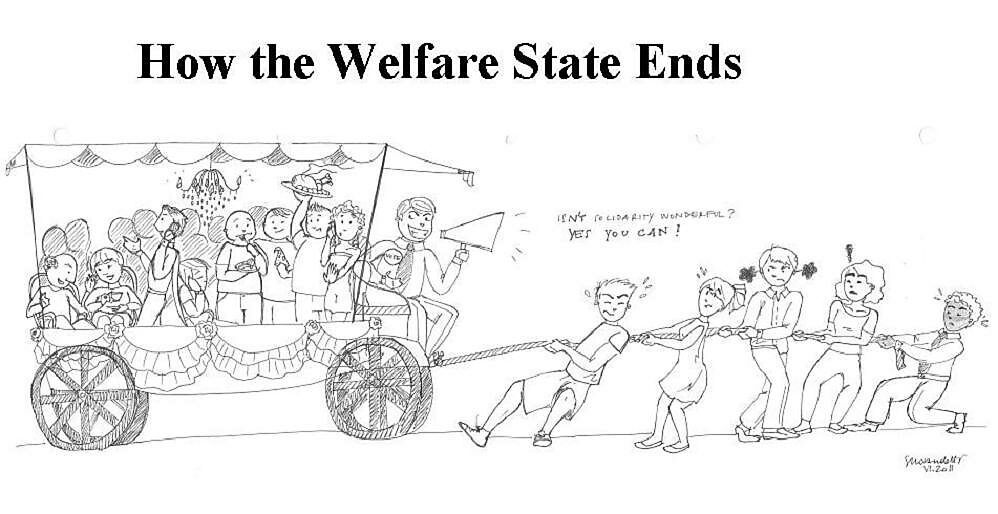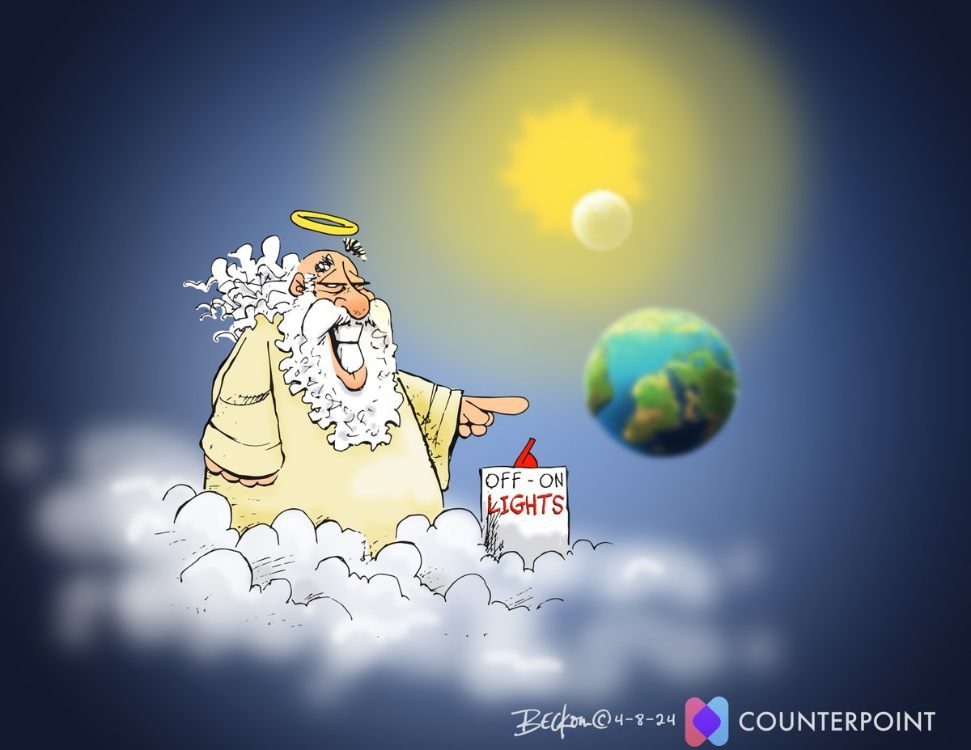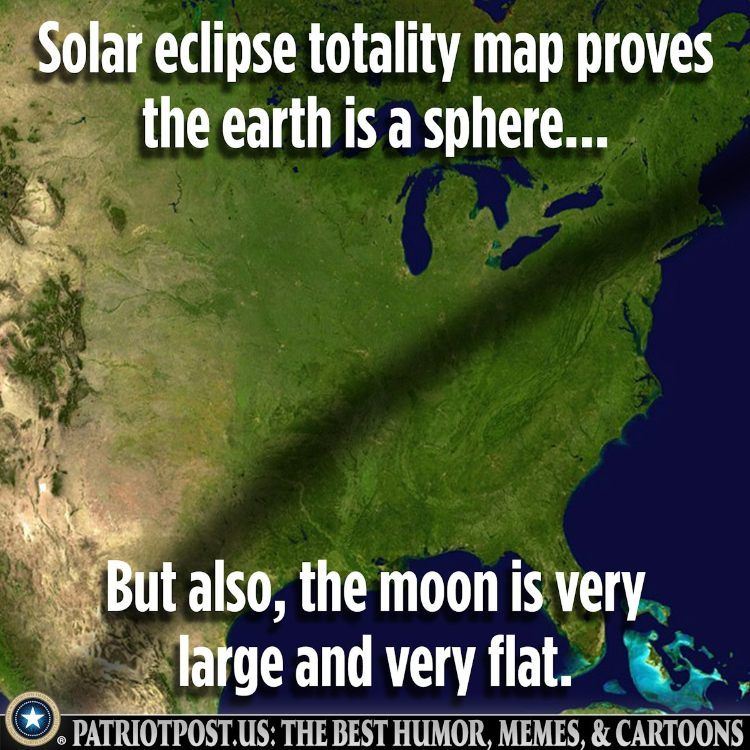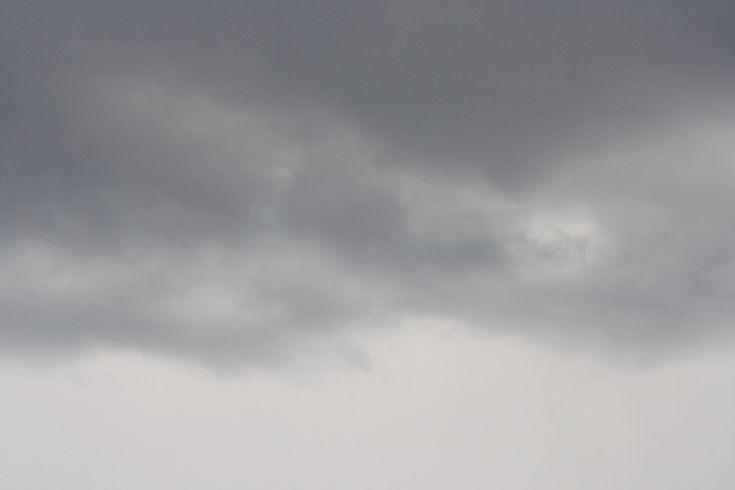-
Posts
5,247 -
Joined
-
Last visited
-
Days Won
1
Everything posted by Sower
-
"Rejoice always, Pray without ceasing. In every thing give thanks: for this is the will of God in Christ Jesus concerning you" 1 Thessalonians 5:16-18 Pray without ceasing has always been easy for me to understand. Don't let up. My prayers are more like a conversation throughout the day, with the line always open. Good one and thanks, Jayne...
-
I reckon my destiny (a predetermined state or end) is in God's hands. "For we are his workmanship, created in Christ Jesus unto good works, which God hath before ordained that we should walk in them” (Ephesians 2:8-10) As to my call I'd say it changes (I believe) according to my growth in Christ. From called to repentance/salvation, called to become a husband/father, and member of a body of believers. Growing in the word, called to be a carpenter, and the call to be a help through my craft to those in some need I could fill. 40+ yrs ago I went on my first visitation and witnessed my first stranger accept Christ as savior and profess Jesus as Lord. I've maintained that urgency/call to share the good news to anybody any place any time any way. I witnessed a large lack of concern from members back then to share what scripture encourages us, to spread the gospel. Most say they were not called to preach. Pew sitters. Comfortable. No desire to simply share their own testimony to the lost. I'm no preacher for sure. But I prayed that I never get that comfortable. God answered that prayer. My call is the same as everybody who was lost and then was saved. They heard the gospel and believed. The call to share the good news as we heard ourselves. It came from some faithful brother/sister who took the time to talk to us about God, sin, salvation, and the freedom in Christ. Why do most listen to the enemy's lies/deceptions that they can't share, embarrassed/shame. Lies. Deceptions. We can do all things in Christ. A universal call to share all the word to all the world. God talking through us. "The fruit of the righteous is a tree of life, And he who wins souls is wise"
-
Explain, please... Thanks, NConly
-
“But the hour is coming, and now is, when the true worshipers will worship the Father in spirit and truth; for the Father is seeking such to worship Him.” "Be still, and know that I am God" I agree tatwo. God says if I love him, I will keep his commandments. I also believe and try to practice the presence of God throughout my day. Getting cleaned up and assembling together is very important. And God tells us to do that. But I can't get 'revved up' at the worship service. I see my brothers and sisters, clay like me. Pretty on the outside. But how does it appear to God, who see's my inside, my heart? I remember what God said about the man who cried, "Be merciful to me a sinner". "Draw near to God, and he will draw near to you. Cleanse your hands, you sinners, and purify your hearts, you double-minded. Be wretched and mourn and weep. Let your laughter be turned to mourning and your joy to gloom" "Create in me a clean heart, O God; and renew a right spirit within me. Then will I teach transgressors thy ways; and sinners shall be converted unto thee" “Therefore, whether you eat or drink, or whatever you do, do all to the glory of God.” “He who has My commandments and keeps them, it is he who loves Me. And he who loves Me will be loved by My Father, and I will love him and manifest Myself to him.”
-
"Rejoice always, Pray without ceasing. Give thanks in all circumstances; for this is God’s will for you in Christ Jesus" 1 Thessalonians 5:16-18
-
Nothing New. Americas past, having to fight wars for freedom, is mostly forgotten by today's generations. . . . . .
-
How the Symbolism of the Swastika Was Ruined Written by Fact-checked by © Nikhil Gangavane/Dreamstime.com The earliest known use of the swastika symbol—an equilateral cross with arms bent to the right at 90° angles—was discovered carved on a 15,000-year-old ivory figurine of a bird made from mammoth tusk. The ancient engraving is hypothesized to have been used for fertility and health purposes, the pattern similar to one that is found naturally occurring on the mammoth—an animal that has been regarded as a symbol of fertility. From its earliest conception, the symbol is believed to have been positive and encouraging of life. The modern name for the icon, derived from the Sanskrit svastika, means “conducive to well-being.” It has been used by cultures around the world for myriad different purposes throughout history: as a symbol in Hinduism, Buddhism, and Jainism; as a stylized cross in Christianity; in ancient Asiatic culture as a pattern in art; in Greek currency; in Medieval, Renaissance, and Baroque architecture; and on Iron Age artifacts. While the symbol has a long history of having a positive connotation, it was forever corrupted by its use in one cultural context: Nazi Germany. In 1920 Adolf Hitler adopted the swastika as a German national symbol and as the central element in the party flag of the National Socialist Party, or Nazi Party, which rose to power in Germany the following decade. By 1945, the symbol had become associated with World War II, military brutality, fascism, and genocide—spurred by Nazi Germany’s attempted totalitarian conquest of Europe. The icon was chosen by the party to represent its goal of racial purification in Europe. Hitler and his Nazi Party believed that a line of pure Germanic ancestry originating in the Aryan race—a grouping used to describe Indo-European, Germanic, and Nordic peoples—was superior and that other, less-superior races should be ousted from Europe. Ancient Indian artifacts once owned by Aryan nomads were found to frequently feature the swastika, and the symbol was co-opted from its ambiguous historical context in the region to exert the dominance of so-called Aryan heritage. Since World War II, the swastika has become stigmatized as a symbol of hatred and racial bias. It is used frequently by white-supremacy groups and modern iterations of the Nazi Party. Along with other symbolism employed by the party, the use of the icon has been outlawed in Germany. Today we have had the rainbow...a sign from God to remember his promise, but now used to represent evil.
- 7 replies
-
- 1
-
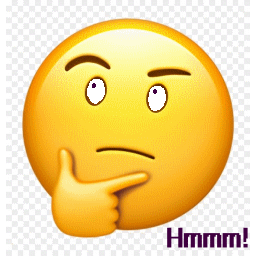
-
- swastika
- star of david
-
(and 3 more)
Tagged with:
-
I so often find it amazing how after hearing a sermon at church, and receiving one of my devotionals in my emails, they both address the same topic I had been concerned with. Like gears from different sources that mesh together to bring about a common understanding of the word. For myself the devotionals I receive expound the word of God, Neighbor. In layman terms, like you said to 'inspire, reveal, encourage, point out something, edify etc. And to verify to me how we all experience similar ups and downs, and learn how God has provided his word to show us how we can apply his wisdom to our situation we're in. The two I receive are both from old friends I have known for years, working class guys just like us, who are led to reveal their thoughts to bless others according to God's word. Gives me new insight so often that bless me. And receiving them in the morning gives me a great start on the day ahead. "devotions as compared to God's inspired word the Bible" The devotionals I receive are the word of the bible as revealed from another brother sharing these nuggets of truth. Not compared to the word but led by the word from the word to bless others, as says the word to do. Thanks Neighbor...
-
"Thou preparest a table before me in the presence of mine enemies: thou anointest my head with oil; my cup runneth over" Psalm 23:5
-
-
Perhaps the holy spirit gave conviction. I also awoke enthused, in theo, and ready for some work...... "enthused": First attested from 1827. Back-formation from enthusiasm, from Ancient Greek ἔνθεος (éntheos, “possessed by a god”), from ἐν (en, “in”) + θεός (theós, “god”)
-
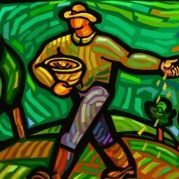
Gay Girl brought to Know God in the Body of Christ
Sower replied to Vine Abider's topic in General Discussion
I keep folding money in the door pocket of my truck for any spirit led moving to share. I can relate to having without but nothing like the homeless are today. And, It's amazing how the door pocket keeps getting filled up. Encouraging, empathy, thinking but by God's grace go I. I tend to gravitate to the less fortunate, and not just in worldly goods. I also believe our walk, witness, is very important to get an ear. But it is the word of God that saves and not my walk. I try to let people know the gospel is GOOD NEWS, and not condemnation. I have recently been reading a book, ck it out... The author, Matt Mikalatos emphasizes the gospel is good news, and the importance of telling/sharing it. Yes, there are consequences of sin, but man o man, there is also blessedness in the believing. That is what people are looking for but don't know where. Looking for something to ease the pain. Matt brings out to try and get on their level, what's bothering them, their need, listening to them. This can bring about my stored scripture memory verse applicable to their situation. In other words, I shouldn't just start off telling them they're sinners in need of a savior. But answer their questions first and how God loves them and wants what is best for them. Understanding that repentance is simply a change in thinking, which changes actions. Knowing truth, the word, changes things. And they listen. I've found witnessing daily to delivery drivers by talking about how blessed we are beats complaining about the insane government's. Good news is always welcome. Bing Crosby..... You got to ac-cent-tchu-ate the positive E-lim-i-nate the negative And latch on to the affirmative Don't mess with Mr. In-between You got to spread joy up to the maximum Bring gloom down to the minimum And have faith, or pandemonium Liable to walk upon the scene To illustrate his last remark Jonah in the whale, Noah in the ark What did they do, just when everything looked so dark? Man, they said we better ac-cent-tchu-ate the positive E-lim-i-nate the negative And latch on to the affirmative Don't mess with Mr. In-between No, do not mess with Mister In-Between Do you hear me? Oh, listen to me children and-a you will hear About the eliminatin' of the negative And the accent on the positive And gather 'round me children if you're willin' And sit tight while I start reviewin' The attitude of doin' right (I know, kinda dumb, but I like it:) "Finally, brothers, whatever is true, whatever is honorable, whatever is just, whatever is pure, whatever is lovely, whatever is commendable, if there is any excellence, if there is anything worthy of praise, think about these things" -
Well said, my thoughts exactly Neighbor. I do not worship my bible(s). I worship the Word, Jesus Christ, the author of the scriptures. My bible given me decades ago has coffee stains, cigarette burns, beer stains, sweat , and tear stains. It has faded and dirty somewhat bouncing around on my truck dash. But it was always available. I read it when I need it, no mater the circumstances. In my shop it gets full of saw dust. It's been rebound three times, the last time took the book binders four months. It's a book, paper and ink. I take what I have read in that published bound collection of pages and hide it in my heart. It may eventually fall apart again, but I have others to replace it. Same words can be found. You don't fight demons. God, HIS word, does this. You can only do all things IN CHRIST. God defeated the enemy and he has all authority. Even the apostles with Jesus fled the devil at times. As a young believer I got into studying devils-demons, unclean spirits, satan, intensely late at night. I was consumed by what I was learning in a book by Jesse Peen Lewis. About warfare and what they can not or can do to lost/believers. Then one night it happened. About 2-3 o'clock in the morning studying at the kitchen table I was overwhelmed by a crushing dread/fear/terror. I knew at an instant I was surrounded by evil, oppressing me, freaking me out. (my obsession woke/drew them) Went to bed and was followed. Prayed till I slept. My wife confronted me in the morning. She had woke up during the night and also felt the oppression and evil presence in our bedroom. I learned (later from older believers) I had basically called the evil down by excessive interest/study in this enemy. I should have been studying the victor at the cross instead, LORD Jesus. Since then at least 30 yrs ago I have never had that experience reoccur. I learned what the shield of faith was. I carry it in my heart, hidden, in my mind/memory. And learned what God says about spiritual warfare. I keep the whole armor on. I use what God said, never in my own strength... I have kept my focus on Jesus. Take every thought captive, resist the devil. Submit to God. Strive to do the right thing. I have kept the word in my heart, and God has kept the enemy off my back. I focus on God's word and not the defeated one..... PS: EVERY time I miss the mark, sin, I agree with God, (I) have sinned, no matter how it happened, nor the influence. Not in my wildest dreams could I blame ANY sin on anything but self. I MISSED! I sinned. I confess it.
-

What do you think is the most powerful chapter in the Bible? And why?
Sower replied to Kristina's topic in General Discussion
As a young believer for many years I lived in Proverbs also. Succinct and to the point, understandable like, now. And those verses/nuggets of wisdom have showed up in my life over the years, and will continue till I'm home. Thy word have I hid in mine heart, That I might not sin against thee. -
"For even when we were with you, this we commanded you, that if any would not work, neither should he eat. I have been young, and now am old, yet I have not seen the righteous forsaken or his children begging for bread. Pure and genuine religion in the sight of God the Father means caring for orphans and widows in their distress and refusing to let the world corrupt you"
-
Weird. Dark and heavy overcast. 130: PM, eclipse directly over head, a bazillion wild flowers and not one butterfly, no deer browsing, not one bird feeding in a couple of dozen feeders, no squirrels raiding the feeders, no hawks or song birds flying. I think they also know something's up...
-
Directly under solar eclipse, 12:55, looks like here in central Texas. Wasted a dollar in glasses.... The Mrs. is very disappointed, with a ringside seat, but solid clouds..
-
I have a degree in sweat only. My banker is God. I learned I can not out give him. In God I trust. (Best I can do here below, Dennis) Quote: The Evolution of Banking Over Time From the ancient world to the digital age ByAndrew BeattieFull Bio Andrew Beattie was part of the original editorial team at Investopedia and has spent twenty years writing on a diverse range of financial topics including business, investing, personal finance, and trading. Learn about our editorial policies Updated March 24, 2023 Reviewed by Khadija Khartit Fact checked by Hans Daniel Jasperson Trending Videos Banking has been in existence since the first currencies were minted and wealthy people realized they needed a safe place to store their money. Ancient empires also needed a functioning financial system to facilitate trade, distribute wealth, and collect taxes. Banks were to play a major role in that, just as they do today. Key Takeaways Religious temples became the earliest banks because they were seen as safe places to store money. Before long, temples got into the business of lending money at interest, much as modern banks do. By the 18th century, many governments gave banks a free hand to operate, based on the theories of economist Adam Smith. Numerous financial crises and bank panics over the decades eventually led to increased regulation. Banking Is Born The barter system of exchanging goods for goods worked reasonably well for the earliest communities. It prove problematic as soon as people started traveling from town to town in search of new markets for their goods and new products to take home. Over time, coins of various sizes and metals began to be minted to provide a store of value for trade. Coins, however, need to be kept in a safe place, and ancient homes did not have steel safes. Wealthy people in Rome stored their coins and jewels in the basements of temples. They were seen to be secure, given the presence of priests and temple workers, not to mention armed guards.1 Historical records from Greece, Rome, Egypt, and Babylon suggest that temples loaned money in addition to keeping it safe. The fact that temples often functioned as the financial centers of their cities is one reason why they were inevitably ransacked during wars.1 Open a New Bank Account Coins could be exchanged and hoarded more easily than other commodities, such as 300-pound pigs, so a class of wealthy merchants took to lending coins, with interest, to people in need of them. Temples typically handled large loans, including those to various sovereigns, while wealthy merchant money lenders handled the rest.1 Banking in the Roman Empire The Romans, who were expert builders and administrators, extricated banking from the temples and formalized it within distinct buildings. During this time, moneylenders still profited, as loan sharks do today, but most legitimate commerce—and almost all government spending—involved the use of an institutional bank. According to the World History Encyclopedia, Julius Caesar initiated the practice of allowing bankers to confiscate land in lieu of loan payments. This was a monumental shift of power in the relationship of creditor and debtor, as landed noblemen had previously been untouchable, passing debts on to their descendants until either the creditor’s or debtor’s lineage died out.2 The Roman Empire eventually crumbled, but some of its banking institutions lived on in the Middle Ages through the services of papal bankers and the Knights Templar. Small-time moneylenders who competed with the church were often denounced for usury.3 European Monarchs Discover Easy Money Eventually, the monarchs who reigned over Europe noted the value of banking institutions. As banks existed by the grace—and occasionally, the explicit charters and contracts—of the ruling sovereignty, the royal powers began to take loans, often on the king’s terms, to make up for hard times at the royal treasury. This easy access to financing led kings into gross extravagances, costly wars, and arms races with neighboring kingdoms, not to mention crushing debt. In 1557, Philip II of Spain managed to burden his kingdom with so much debt due to several pointless wars that he caused the world’s first national bankruptcy—as well as the world’s second, third, and fourth, in rapid succession. These events occurred because 40% of the country’s gross national product (GNP) went toward servicing the nation's debt.4 The practice of turning a blind eye to the creditworthiness of powerful customers continues to haunt banks today. Adam Smith Gives Rise to Free-Market Banking Banking was already well-established in the British Empire when economist Adam Smith introduced his invisible hand theory in 1776. Empowered by his views of a self-regulating economy, moneylenders and bankers managed to limit the state’s involvement in the banking sector and the economy as a whole.5 This free-market capitalism and competitive banking found fertile ground in the New World, where the United States of America was about to emerge. In its earliest days, the United States did not have a single currency. Banks could create a currency and distribute it to anyone who would accept it. If a bank failed, the banknotes that it had issued became worthless. A single bank robbery could crush a bank and its customers. Compounding these risks was a cyclical cash crunch that could disrupt the system at any time.6 Alexander Hamilton, the first secretary of the U.S. Treasury, established a national bank that would accept member banknotes at par, thus keeping banks afloat through difficult times.7 After a few stops, starts, cancellations, and resurrections, this national bank created a uniform national currency and set up a system by which national banks backed their notes by purchasing Treasury securities, thus creating a liquid market. The national banks then pushed out the competition through the imposition of taxes on the relatively lawless state banks.8 The damage had been done, however, as average Americans had grown to distrust banks and bankers in general. This feeling would lead the state of Texas to outlaw corporate banks with a law that stood until 1904.9 Merchant Banks Come Into Power Most of the economic duties that would have been handled by the national banking system, in addition to regular banking business like loans and corporate finance, soon fell into the hands of large merchant banks. During this period, which lasted into the 1920s, the merchant banks parlayed their international connections into enormous political and financial power. These banks included Goldman Sachs; Kuhn, Loeb & Co.; and J.P. Morgan & Co. Originally, they relied heavily on commissions from foreign bond sales from Europe, with a small backflow of American bonds trading in Europe. This allowed them to build capital. As large industries emerged and created the need for major corporate financing, the amounts of capital required could not be provided by any single bank. Initial public offerings (IPOs) and bond offerings to the public became the only way to raise the amount of money needed. Successful offerings boosted a bank’s reputation and put it in a position to ask for more to underwrite an offer. By the late 1800s, many banks demanded a position on the boards of the companies seeking capital, and if the management proved lacking, they ran the companies themselves.10 J.P. Morgan Rescues the Banking Industry J.P. Morgan & Co. emerged at the head of the merchant banks during the late 1800s. It was connected directly to London, then the world’s financial center, and had considerable political clout in the United States.11 Morgan & Co. created U.S. Steel, AT&T, and International Harvester, as well as duopolies and near-monopolies in the railroad and shipping industries, through the revolutionary use of trusts and a disdain for the Sherman Antitrust Act.12 It remained difficult, however, for average Americans to obtain loans or other banking services. Merchant banks didn’t advertise and rarely extended credit to the “common” people. Racism was widespread. Merchant banks left consumer lending to the lesser banks, which were still failing at an alarming rate. The collapse in shares of a copper trust set off the Bank Panic of 1907, with a run on banks and stock sell-offs. Without a Federal Reserve Bank to take action to stop the panic, the task fell to J.P. Morgan personally. Morgan used his considerable clout to gather all the major players on Wall Street and persuade them to deploy the credit and capital that they controlled, just as the Fed would do today.13 The End of an Era, the Birth of the Fed Ironically, Morgan’s move ensured that no private banker would ever again wield that much power. In 1913, the U.S. government formed the Federal Reserve Bank (the Fed). Although the merchant banks influenced the structure of the Fed, they were also pushed into the background by its creation.14 Even with the establishment of the Fed, enormous financial and political power remained concentrated on Wall Street. When World War I broke out, the United States became a global lender, and by the end of the war, it had replaced London as the center of the financial world. At that point, the government decided to put some handcuffs on the banking sector. It insisted that all debtor nations pay back their war loans—which traditionally were forgiven, especially in the case of allies—before any American institution would extend them further credit.15 This slowed world trade and caused many countries to become hostile toward American goods. When the stock market crashed on Black Tuesday in 1929, the already-sluggish world economy was knocked out. The Fed couldn’t contain the damage, which led to some 9,000 bank failures from 1929 to 1933.16 New laws emerged to salvage the banking sector and restore consumer confidence. With the passage of the Glass-Steagall Act in 1933, for example, commercial banks were no longer allowed to speculate with consumers’ deposits, and the Federal Deposit Insurance Corp. (FDIC) was created to insure accounts up to certain limits.17 The insured limit as of 2023 is $250,000 per account.18 World War II and the Rise of Modern Banking World War II may have saved the banking industry from complete destruction. For the banks and the Fed, the war required financial maneuvers involving billions of dollars. This massive financing operation created companies with huge credit needs that, in turn, spurred banks into mergers to meet the demand. These huge banks spanned global markets. More importantly, domestic banking in the United States finally settled to the point where, with the advent of deposit insurance and widespread mortgage lending, the average citizen could have confidence in the banking system and reasonable access to credit. The modern era had arrived. Banking Goes Digital The most significant development in the world of banking in the late 20th and early 21st centuries has been the advent of online banking, which in its earliest forms dates back to the 1980s but really began to take off with the rise of the internet in the mid-1990s. The growing adoption of smartphones and mobile banking apps further accelerated the trend. While many customers continue to conduct at least some of their business at brick-and-mortar banks, a 2021 J.D. Power survey found that 41% of them have gone digital-only.19 What Does a Central Bank Do? A central bank is a financial institution that is authorized by a government to oversee and regulate the nation’s monetary system and its commercial banks. It produces and manages the nation's currency. Most of the world’s countries have central banks for that purpose. In the United States, the central bank is the Federal Reserve System.20 Who Regulates Banks in the U.S. Today? Depending on how they are chartered, commercial banks in the United States are regulated by a number of government agencies, including the Federal Reserve, the Office of the Comptroller of the Currency (OCC), and the Federal Deposit Insurance Corp. (FDIC). State-chartered banks are also regulated by the state in which they do business.21 Investment banks are largely regulated by the U.S. Securities and Exchange Commission (SEC).22 What Is the Difference Between a Commercial Bank and an Investment Bank? Commercial banks provide services to the general public and to businesses. They take deposits, issue loans, and operate ATMS. Investment banks provide services only to large companies, institutional investors, and some high-net-worth individuals. Those services include helping companies raise money by issuing stocks or bonds or obtaining loans. They may also be deal-makers, facilitating corporate mergers and acquisitions. Investopedia / Yurle Villegas The Bottom Line Banks have come a long way from the temples of the ancient world, but their basic business practices have not changed much. Although history has altered the finer points of the business model, a bank’s purposes are still to make loans and to protect depositors’ money. Even today, where digital banking and financing are replacing traditional brick-and-mortar locations, banks still perform these fundamental functions. Psalms 37:25 "I have been young, and now am old; Yet have I not seen the righteous forsaken, nor his seed begging bread"
-
Work is the best narcotic! Instead of putting all our exchange of labor into a bank to be handled by the exchangers , we purchase metals of value they can not manipulate as well. Yet.
-
I disagree. It took a long time to get the nice patina, aged wonderfully. People pay big money to get that nice aged look today. Even new clothing with 'old aged' holes now costs more..... A home. Nice post Tim..
-
-
I was there at camp Hensen and Butler in 66-68 as a staging to and from Viet Nam. The sky blue ocean was crystal clear for snorkeling/diving. Us Marines were forbidden to go south to Naha the capitol of Okinawa, off limits, supposedly communist infiltrated back then. I had classified secrete training course at a secured unknown camp for a couple of weeks with liberty every night/weekends and enjoyed the people/food/lifestyles and places to see. A neat place at the time. Okinawa was a stopping off zone for returning Marines to go prior to heading to the states. A few days to acclimatize to civilization, have our bags and C bags searched for weapons grenades sneaking through and one guy tried to sneak through with a 105 mm artillery round.... The officers weren't checked there and thought they made it but got a surprise when they hit stateside, and had to turn in any captured pistols-souvenirs etc. The higher ups ended with all the good stuff. As usual. Thanks Marathoner...
-

Gay Girl brought to Know God in the Body of Christ
Sower replied to Vine Abider's topic in General Discussion
And a child was born. Now that's good-WOW! "They showed me God"! That's just so good Kinda want to stop a stranger, smile, and say, Want to hear some good news?............ Real Thanks, VA (whatsoever things are praise worthy) ! -

The 'No Diet, No Exercise' way to a New Body
Sower replied to PATrobas's topic in General Discussion
It is all going to be sorted out at the Judgement seat of Christ, (Bema Seat) What was done for self glory, what was done for the Glory of God. Wood hay stubble -vs- Gold Silver Precious stone..... These rewards for good works decides our position with Christ when he rules his kingdom. Thanks friend...







